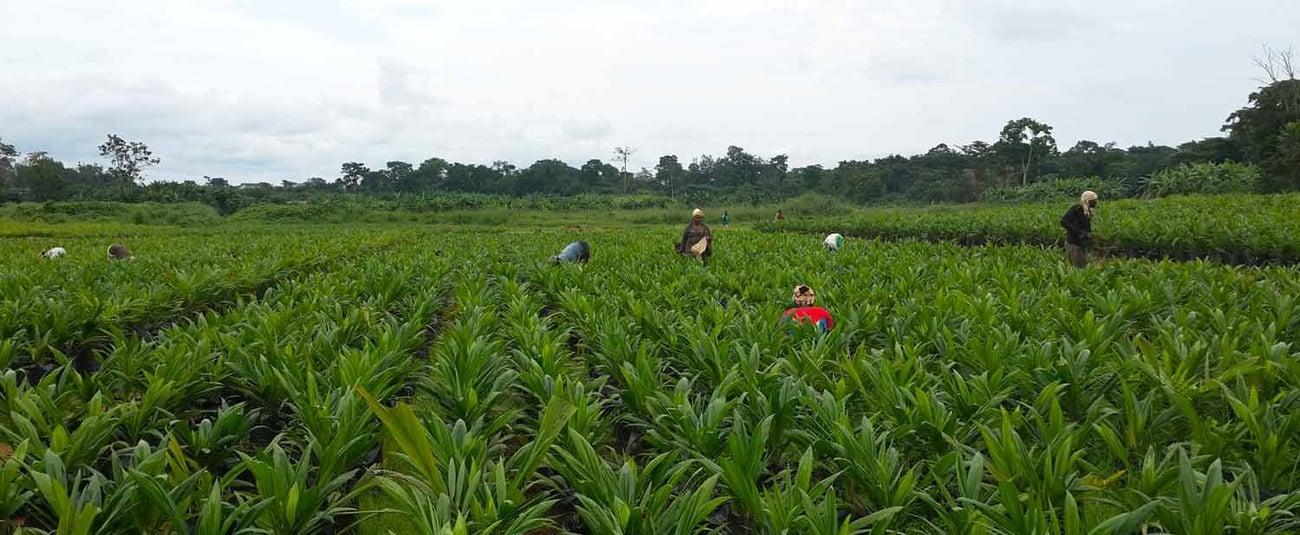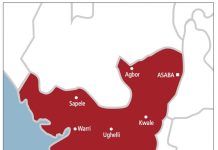
By Abba Hamisu Sani
Africa-Press – Nigeria. The African Development Bank’s (AfDB) Special Agro-Industrial Processing Zone (SAPZ) initiative is poised to revolutionize Nigeria’s agricultural sector and strengthen the value chain across production, processing, and marketing.
Currently being implemented at 27 sites in 11 African countries, the SAPZ project is a flagship initiative under the AfDB’s “Feed Africa” pillar—part of its broader High 5s development strategy.
Designed as agro-industrial hubs, the SAPZs aim to connect farmers directly with processors, thereby reducing post-harvest losses and creating broader economic opportunities in rural areas.
Project Kickoff in Kaduna and Cross River
The SAPZ implementation has commenced in Kaduna State in the Northwest and Cross River State in the South-South region of Nigeria.
Nigeria’s Minister of Agriculture and Food Security, Senator Abubakar Kyari, told journalists that the SAPZ programme was officially launched in 2022, following its conceptual design in 2019 under phase one.
He noted that it is a Federal Government-led initiative with participation from interested state governments.
Each state governor was formally invited to express interest, and eligibility criteria were provided to qualify for inclusion in the first phase of the programme.
“Upon receiving expressions of interest, a joint team comprising the Federal Ministry of Agriculture, Federal Ministry of Finance, and the African Development Bank conducted verification missions to each state to assess compliance with the eligibility criteria.
As a result, eight states qualified—namely Kaduna, Kano, Kwara, Oyo, Ogun, Imo, Cross River, and the FCT,” the Minister explained.
Federal Government Reassesses Project Potential
Kyari added that following President Bola Tinubu’s assumption of office, the Federal Government reassessed the project’s developmental potential and resolved that no state should be left behind.
“Consequently, the Vice President’s first international mission was to Rome for the Food Systems Summit, where he mobilized additional funding to expand the programme to more states.
He later attended the World Food Prize meeting in Des Moines, Iowa, USA, where he secured a $1 billion commitment from the AfDB President to bring more states on board,” Kyari said.
Recently, Vice President Kashim Shettima launched the construction phase of the SAPZ in Calabar, Cross River State—just 72 hours after performing a similar groundbreaking ceremony in Chikun Local Government Area of Kaduna State.
Shettima was accompanied at the Kaduna event by AfDB President Dr. Akinwumi Adesina and Kaduna State Governor Senator Uba Sani. The event drew top government officials, community leaders, and other key stakeholders.
SAPZ: A Game Changer
Speaking at the Calabar ceremony, Vice President Shettima described the SAPZ initiative as “a game changer” and “a bold vision to transform Nigeria’s agricultural value chain.”
He emphasized that the initiative aligns with President Tinubu’s Renewed Hope Agenda, which seeks to diversify the economy, ensure food security, tackle rural unemployment, and empower both farmers and youth.
According to the Vice President, SAPZs are designed to address persistent challenges in Nigeria’s agriculture sector, including poor processing and storage infrastructure, limited market access, and rural unemployment. The programme aims to create an enabling environment where innovation, investment, and collaboration can flourish.
Dr. Kamal Adamu, an agricultural economist, noted that AfDB-led initiatives like SAPZ would significantly improve productivity for Nigerian farmers.
Generating Employment and Enhancing Productivity
Dr. Adamu explained that the establishment of SAPZs in selected states would unlock vast economic potential.
By equipping farmers and stakeholders with value-addition techniques such as processing, preservation, marketing, and strategies to minimize post-harvest losses, while promoting mechanized farming, the initiative is expected to boost productivity among rural farmers who have long relied on manual methods.
He also noted that the initiative would help open up Nigerian agricultural products to international markets.
Dr. Adamu urged both federal and state governments, along with implementing partners, to prioritize the project’s effective execution.
“It is a wise decision to begin with two states—Kaduna in the North and Cross River in the South. This balanced approach will contribute significantly to achieving national food security,” he said.
He further encouraged individual beneficiaries of the SAPZ programme to commit themselves fully to ensuring the sustainability of the initiative.
Dr. Adamu concluded by stating that Nigerian farmers are fortunate to join their counterparts in 11 other African countries in realizing the goals of the AfDB’s “Feed Africa” initiative.
For More News And Analysis About Nigeria Follow Africa-Press






